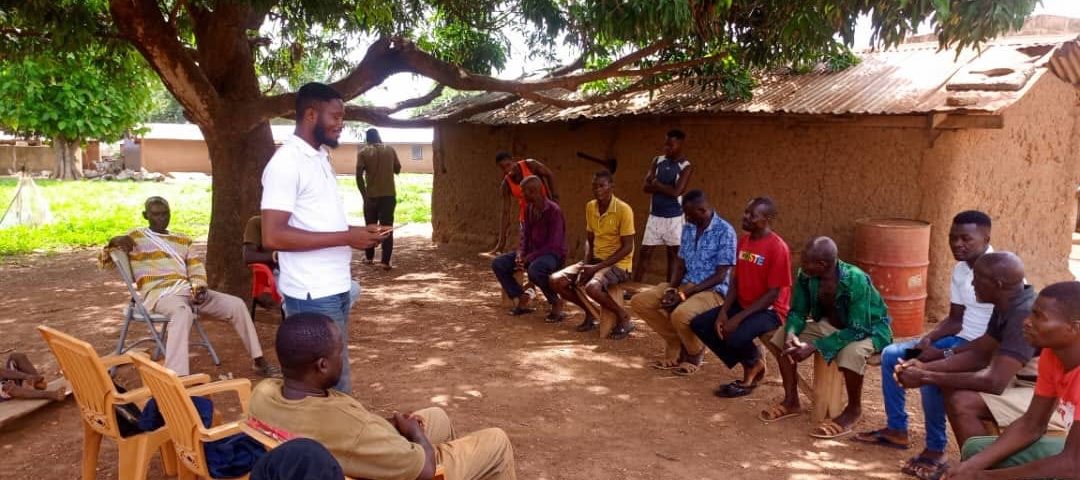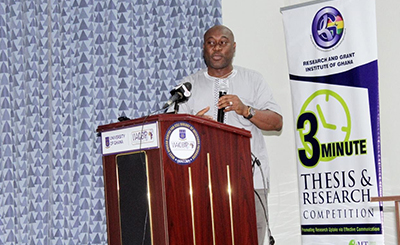
Community Engagement to Address the Burden of Skin-NTDs
The Research and Grant Institute of Ghana (ReGIG), with funding from Fondation Anesvad, engaged community stakeholders in Nkwanta South and North Districts of Oti region to discuss findings from the study on the burden of stigma, mental health and discrimination faced by people with Skin Neglected Tropical Diseases (Skin-NTDs). The engagement was aimed at garnering community support to improve the wellbeing of people living with skin-NTDs.
The stakeholders confirmed the widespread of skin NTDs in their communities. While many perceived that skin-NTDs could be attributed to using unclean water and poor sanitation, others believed in both spiritual causes.
Stakeholders pledged to offer psychosocial support after learning about the victims’ experiences. However, they emphasized that immediate family members should primarily provide this support. More importantly, the traditional leaders were committed to enforcing norms against stigmatization and discrimination, including punishing offenders.
To reduce the burden of skin-NTDs in the communities, stakeholders urged Government and Development Partners to address the chronic water shortages, especially during the dry season. It was recommended that persons with skin-NTD should be included in the Livelihood Empowerment Against Poverty (LEAP) program and be registered for the National Health Insurance scheme due to the high poverty levels. The stakeholders highlight the importance of ongoing engagement with community stakeholders to promote mental health and well-being of persons with skin-NTD.




